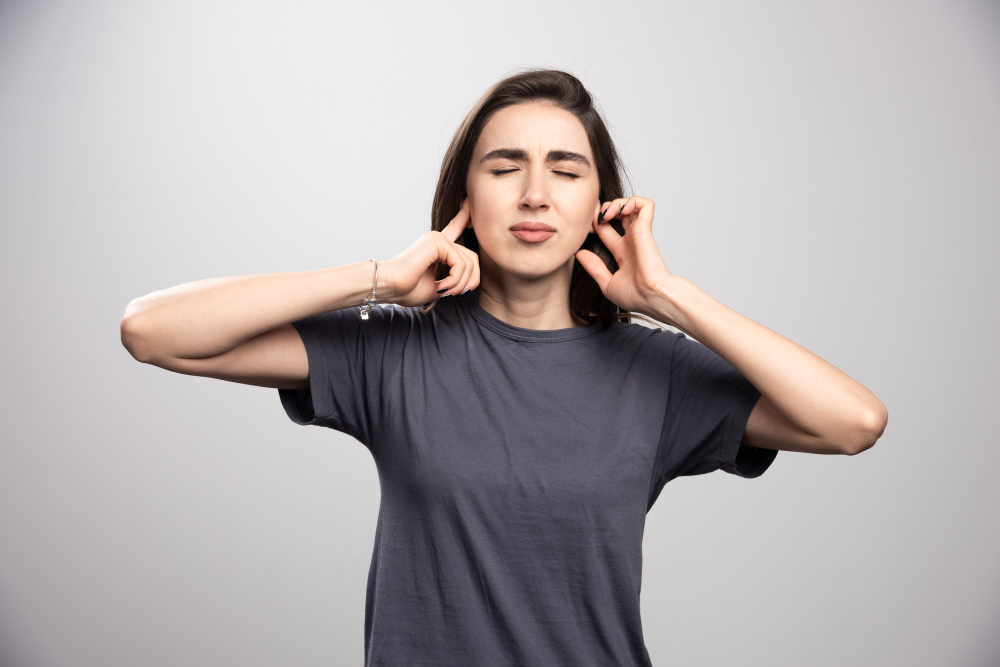
Have you ever experienced a persistent ringing or buzzing sound in one or both of your ears? If so, you may be experiencing a condition known as tinnitus. While this condition affects millions of people worldwide, not many know much about it or the underlying reasons behind the ringing. In this blog post, we'll explore the potential causes of tinnitus, including hearing loss, medications, and underlying medical conditions, so you can take the necessary steps to address this common issue.
One of the most common causes of tinnitus is hearing loss, which can stem from aging, exposure to loud noises, or ear injuries. When the hair cells in your inner ear are damaged or die, they can't transmit sound signals properly to your brain, leading to a ringing or buzzing sensation. If you suspect that your tinnitus is due to hearing loss, a hearing test can help identify the extent of the damage and guide treatment options, such as hearing aids or cochlear implants.
Certain medications, such as antibiotics, antidepressants, and painkillers, can also cause tinnitus as a side effect. In some cases, stopping the medication can alleviate the symptoms, but this should always be done under the guidance of a medical professional. If you're currently taking medication and experience tinnitus, be sure to mention it to your doctor to determine the best course of action.
Tinnitus can also be a symptom of an underlying medical condition, such as high blood pressure, thyroid disorders, or a tumor. If you have other unexplained symptoms or risk factors for these conditions, you may need further testing to rule them out as the cause of your tinnitus. In some cases, treating the underlying condition can alleviate the symptoms of tinnitus.
While not a direct cause of tinnitus, stress and anxiety can worsen the symptoms and make them harder to manage. Stress can lead to muscle tension and changes in blood flow, which may exacerbate tinnitus. Managing stress through relaxation techniques and counseling can help reduce the impact of tinnitus on your daily life.
Certain lifestyle factors can also contribute to tinnitus, such as smoking, caffeine, and alcohol consumption. Limiting these factors or avoiding them altogether may help reduce the severity of your symptoms.
Tinnitus can be a frustrating and uncomfortable condition, but identifying the underlying cause can help you take steps to manage it effectively. Whether it's addressing hearing loss, adjusting medication, or exploring potential medical conditions, working with your healthcare provider to diagnose and treat tinnitus can make all the difference. At Vital Urgent Care, our team of experienced medical professionals is here to help you address your health concerns, including tinnitus. If you're looking for an urgent or primary care clinic in Philadelphia, PA, contact us to schedule an appointment today.